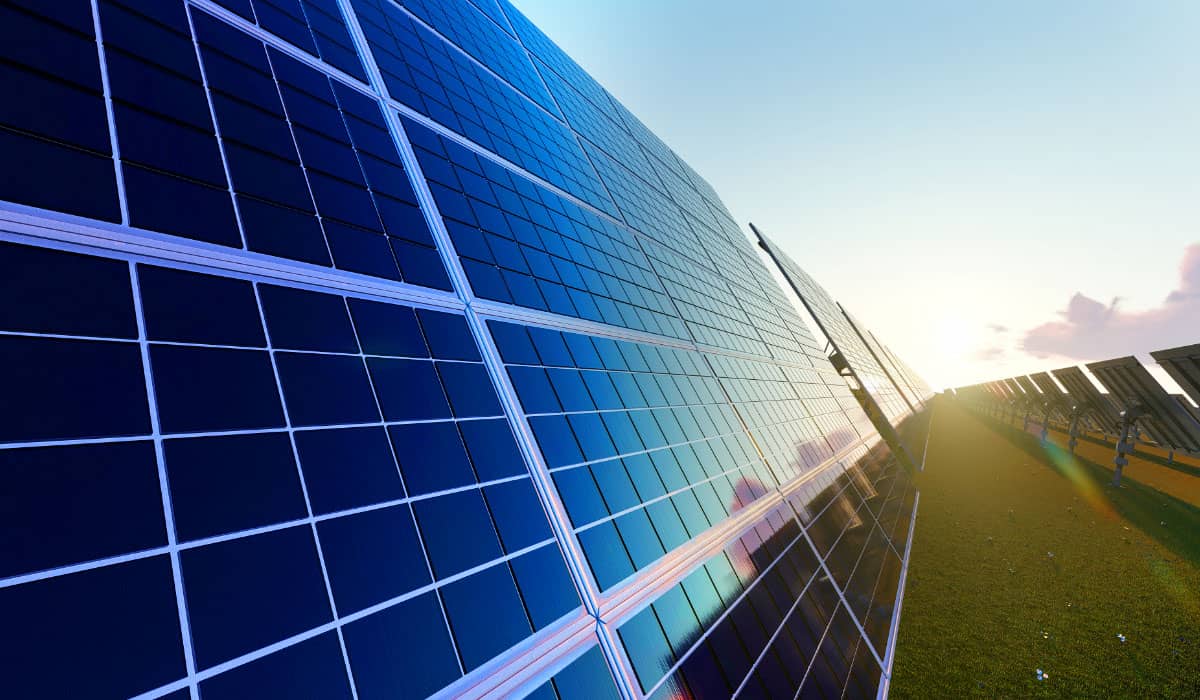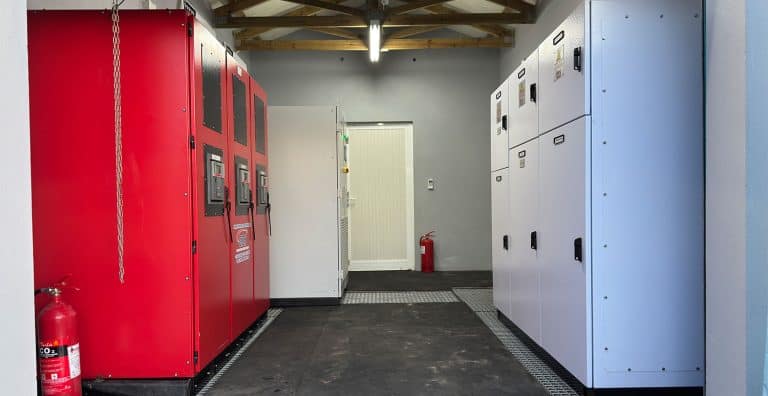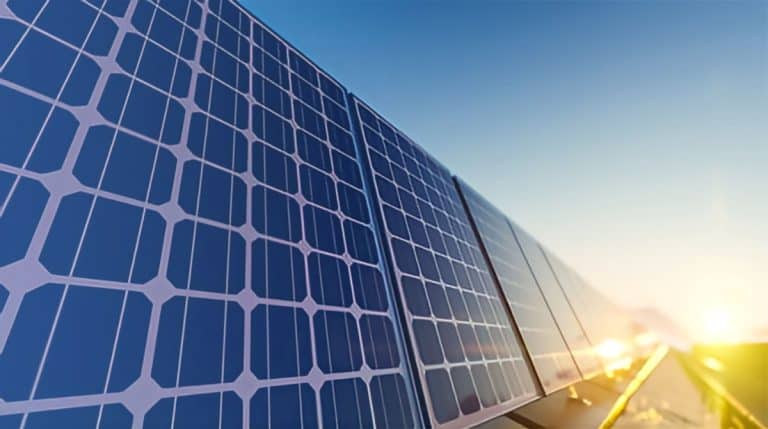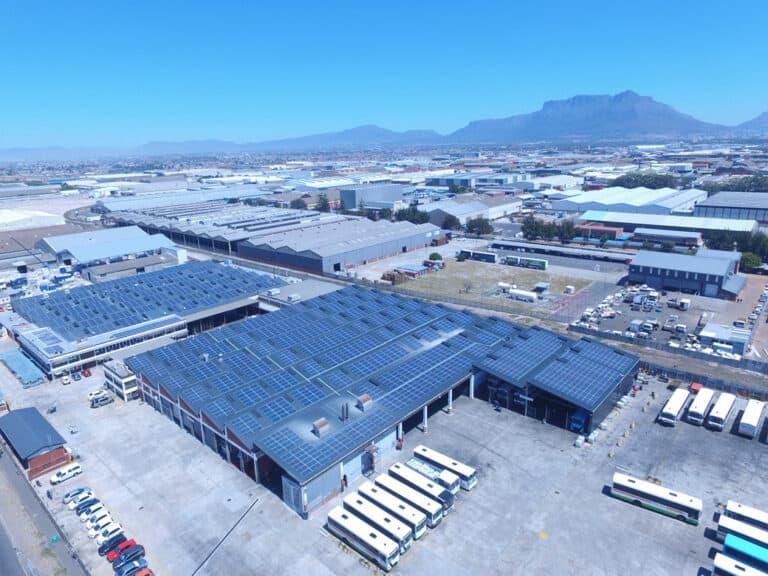Every aspect of life needs electricity. However, South Africa is facing an electricity shortage. This is at crisis level. Load-shedding occurs frequently. Blackouts happen unexpectedly. As a result, people are turning to solar resources. Plus, solar energy is clean and cost effective.
Using solar energy makes properties independent. It means businesses and homes can continue doing what they need to.
The best solar panels depend on various factors. These include electricity volume needs, budget and the property layout.
Measuring which are best
The best solar panels are measured by their efficiency and reliability.
The Module Efficiency rating measures the % of sunlight that hits the panel that is converted into usable electricity. The higher the efficiency rating, the less number of panels you need to meet your energy requirements. Research this. Check the specs.
Most solar panels are between 15% and 20% efficient. Outliers sit on either side of the range. High-quality solar panels can exceed 22% efficiency. In exceptional cases they can use reach 23%! However, the majority of photovoltaic panels don’t exceed 20% efficiency. This is affected by latitude, outside temperature, orientation and solar shadings. Additionally, climate can play a role.
In general, solar panels are very reliable. Less than 0,05% fail. The average lifespan of the best solar panels is 25 – 30 years. Check the system guarantee. Insure your panels.
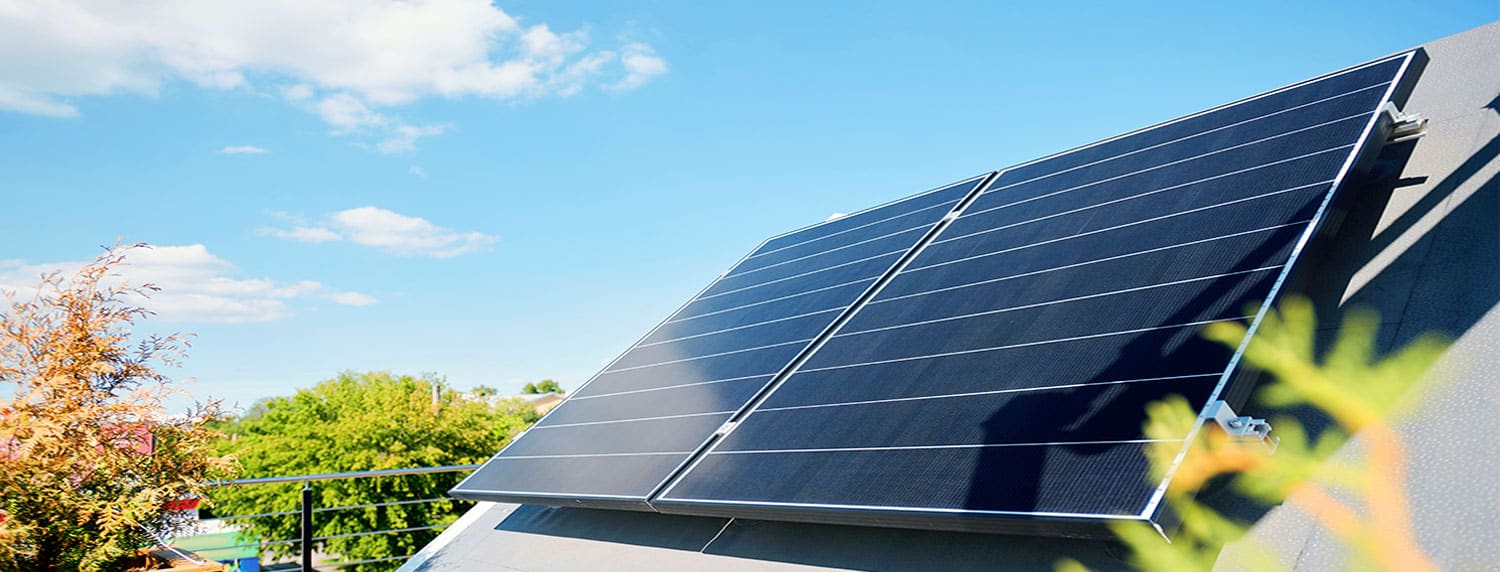
The best solar panels for home use
The average home needs 28 – 34 solar panels to provide for its energy needs. These are usually placed on the roof. Do the calculations first. Consult experts. Check various options. Read reviews online.
The best solar panels for home use are measured by:
- Production quality
- Lower prices that give good value
- Strong financial position of manufacturer (to uphold guarantee)
- Good all round performance
- Brand reputation
Panasonic, LG, Canadian Solar, Trina Solar and SunPower are ranked in the top 5 by experts. Check which are available in your area. Ask for quotes.
Also, if you are planning to install the panels yourself, check which are available to purchase.
The best for industrial use
The best solar panels for industrial use are determined by:
- Quality and use of new technology
- Efficiency and reliability
- Reliability of manufacturer (to uphold guarantee)
- Brand reputation
- Local presence in market
- After-sales service
Be aware that manufacturers sometimes over-sell their benefits. Marketing is competitive. Check the details on quotes.
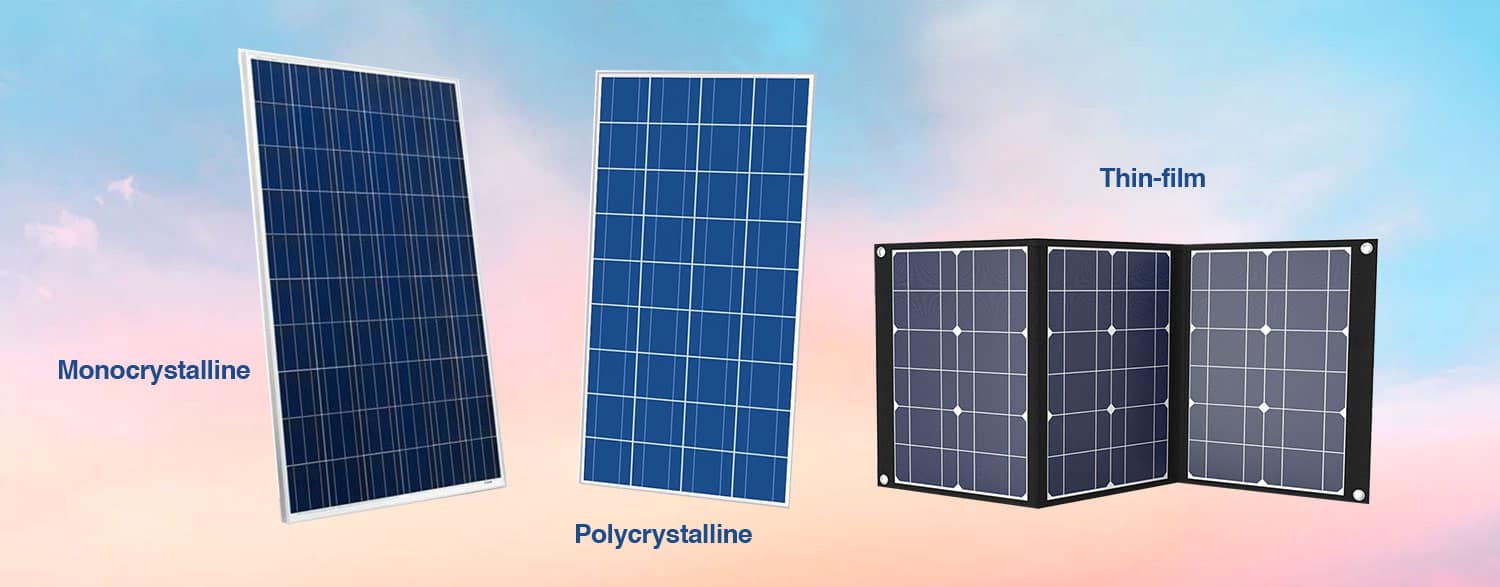
Which technologies do solar panels use?
There are three types of technology utilized in the best solar panels available on the market today. These are monocrystalline, polycrystalline, and thin-film amorphous solar cells.
Monocrystalline panels: Most efficient, more expensive, less sustainable to produce
Polycrystalline panels: Less efficient, less expensive, more sustainable to manufacture
Thin-film: Least efficient, least expensive, most sustainable to produce
Monocrystalline solar panels are popular for their uniform, sleek look. Whereas, polycrystalline panels have a fragmented appearance and a blue hue. Thin film is the least efficient, but also the least expensive.
Other factors to consider
There are other aspects to consider when finding the best solar panels. These include the solar system size, local tax incentives, brand availability in your area. Also, finding a reliable installer is key. Check your options. This affects the success of the whole system tremendously.


